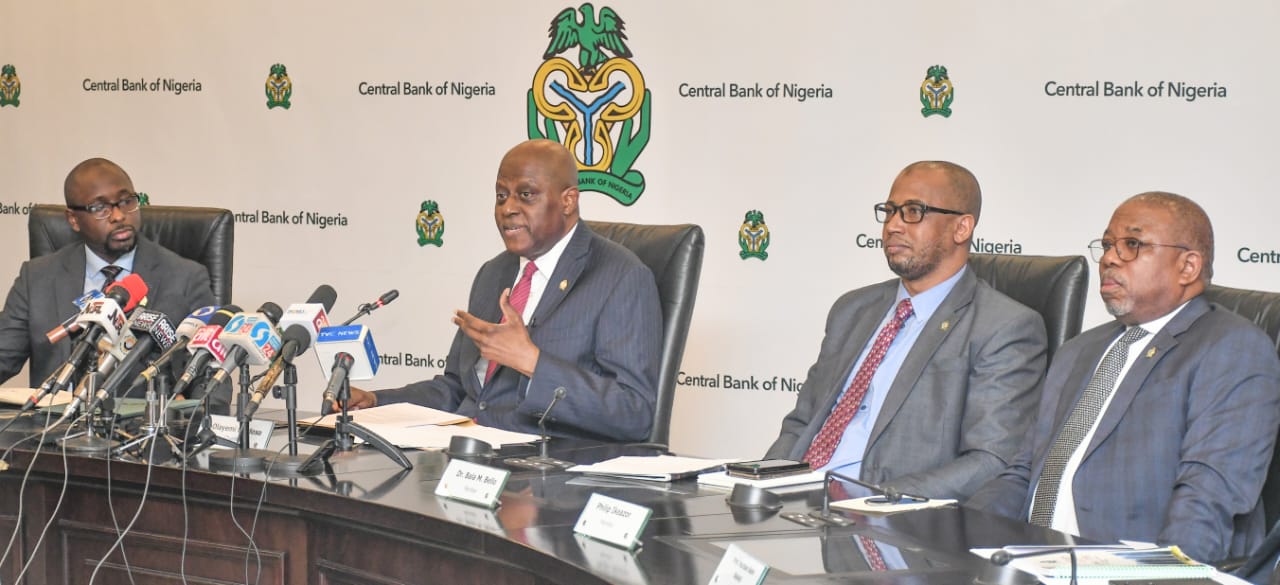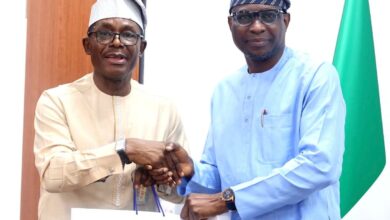
Members of the Monetary Policy Committee (MPC) of the Central Bank of Nigeria (CBN), have unanimously voted to hold all parameters constant.
This is contrary to experts’ prediction of rates cut beginning from February, pointing at economic growth potential, and the recently announced rebased Consumer Price Index (ICP) by the National Bureau of Statistics (NBS).
Speaking on “Good Morning Nigeria,” a daily programme on the Nigerian Television Authority (NTA) in January, 2025, renowned Capital Market Professor, Uche Uwaleke predicted a bullish growth for the nation’s capital market in 2025.
He expressed optimism that 2025 would be a lot better, not only in terms of the capital market but even in terms of the economy as a whole, therefore, advised the CBN to halt Monetary Policy Rates beginning from February.
However, rising from its 299th meeting on Thursday, the CBN Governor, Mr. Olayemi Cardoso, announced that the all twelve members of the Committee unanimously voted to Retain the MPR at 27.50 per cent, Retain the asymmetric corridor around the MPR at +500/-100 basis points, Retain the Cash Reserve Ratio of Deposit Money Banks at 50.00 per cent and Merchant Banks at 16 per cent, and Retain the Liquidity Ratio at 30.00 per cent.
He explained that the Committee noted with satisfaction the recent macroeconomic developments which are expected to positively impact price dynamics in the near to medium term. These include the stability in the foreign exchange market with the resultant appreciation of the exchange rate and the gradual moderation in the price of Premium Motor Spirit (PMS).
However, he said that members were not oblivious of the risk of persisting inflationary pressures driven largely by food prices.
Mr. Cardoso said, “the Committee noted the recent rebasing of the Consumer Price Index (CPI) by the National Bureau of Statistics (NBS) which reviewed the weights of items in the consumption basket to reflect current consumption patterns.
“The Committee further noted that as the Federal Government continues to improve security in food producing communities, supported by other measures to enhance food supply, food prices are expected to continue to moderate.
“Members reiterated the benefits of increased collaboration between the monetary and fiscal authorities, demonstrated at the recently concluded Monetary Policy Forum organized by the Bank.
“The MPC thus urged the continued strengthening of this collaboration to achieve the mutually beneficial objectives of price stability and sustainable growth,” he said.
The apex bank governor said “the Committee highlighted the benefits of the improvements in the external sector to exchange rate stability, including the convergence of rates between the Nigeria Foreign Exchange Market (NFEM) and the Bureau de Change (BDC), and urged the Bank not to relent in its effort to boost market liquidity.
“In this regard, the Committee acknowledged recent measures introduced by the Bank, such as the Electronic Foreign Exchange Matching System (B-Match) and the Nigeria Foreign Exchange Code, to foster transparency, ethics and credibility in the market.
“The MPC is, thus, of the view that following major policy measures undertaken by the monetary and fiscal authorities, the flow of foreign direct and portfolio investments as well as diaspora remittances are expected to increase as investor and stakeholder confidence improves,” he added.
On the global scene, he said, the war between Russia and Ukraine as well as the uneasy calm in the Middle East remain key risks to the growth outlook, but that there is a glimmer of hope that resolutions may be at hand.
He said in addition to these legacy risks, the adoption of increased tariffs by the new US administration against its trading partners and retaliatory tariffs may result in elevated inflation and tempered growth in 2025.
Meanwhile, he said, the International Monetary Fund (IMF) has maintained global growth projections for 2025 and 2026 at 3.3 per cent apiece, therefore, Members agreed unanimously to continue to monitor both domestic and global developments to identify emerging risks and propose appropriate policy responses to mitigate the impact of associated shocks to the Nigerian economy.






